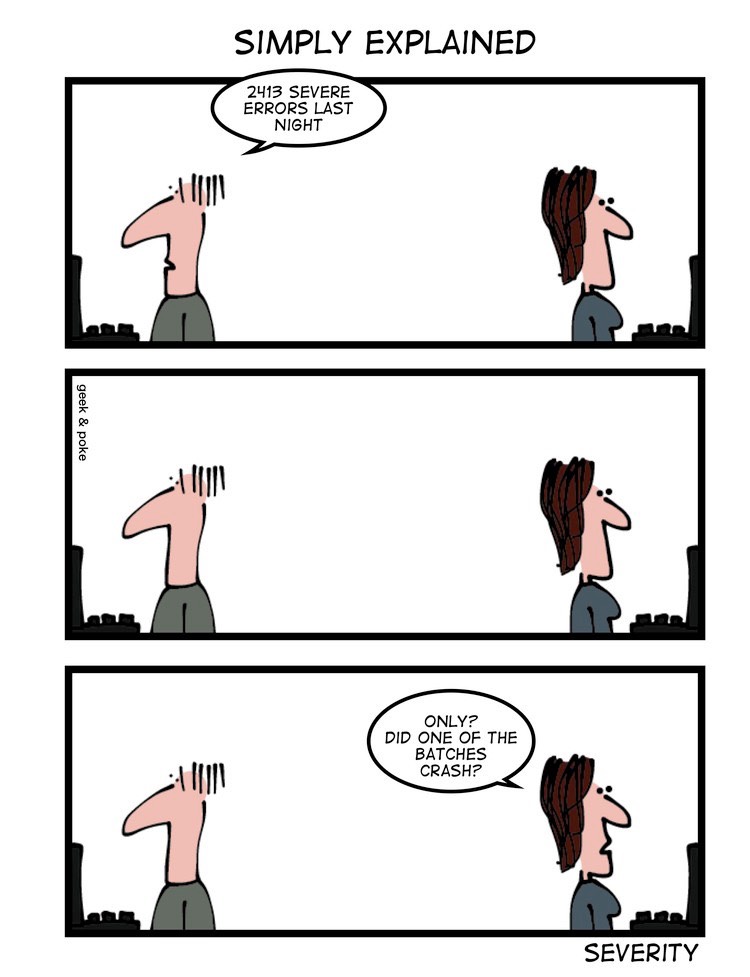NSBCon 2015: Behind the Scenes at Particular Software
Have you ever wondered how Particular Software makes NServiceBus? At NSBCon 2015, David Boike outlines the systems, tools, and methods used in Particular to manage a large number of Github repositories, along with the techniques that make sure all of their releases follow semantic versioning.
Read more


